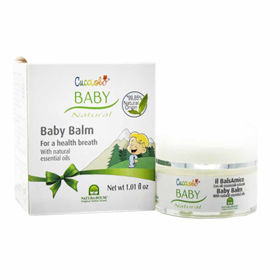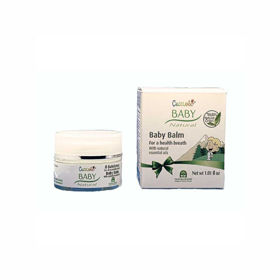Vprašanje stranke:
Ali je bakterijska pljučnica nalezljiva? Vprašanje anonimne stranke
Odgovor farmacevta:
Da, bakterijska pljučnica je nalezljiva bolezen. Bakterije, ki povzročajo pljučnico, se lahko širijo s kapljicami, ki nastajajo ob kašljanju, kihanju ali celo govorjenju okužene osebe. Te bakterije lahko vstopijo v telo z vdihavanjem okuženih kapljic ali prek stika s površinami, ki so bile kontaminirane s kapljicami. Nalezljivost bakterijske pljučnice je odvisna tudi od vrste bakterije, ki jo povzroča. Nekatere bakterije, kot je Streptococcus pneumoniae, so bolj nalezljive kot druge.
Pomembno je, da se osebe z bakterijsko pljučnico izolirajo od drugih, da preprečijo širjenje okužbe. To vključuje omejevanje stikov z drugimi, uporabo mask za obraz, kašljanje ali kihanje v rokav ali robček ter redno umivanje rok. Prav tako je pomembno, da se bolniki zdravijo z antibiotiki, da se zmanjša količina bakterij v pljučih in prepreči nadaljnje širjenje okužbe.
Kako preprečiti okužbo z bakterijsko pljučnico?
Preprečevanje okužbe z bakterijsko pljučnico vključuje več ukrepov za zmanjšanje tveganja za izpostavljenost in širjenje bakterij, ki povzročajo pljučnico. Tu je nekaj ključnih načinov za preprečevanje okužbe:
- Ohranjanje zdravega načina življenja: skrb za svoje zdravje, vključno z uravnoteženo prehrano, redno telesno aktivnostjo, zadostnim počitkom in zmanjšanjem stresa, lahko okrepi imunski sistem in zmanjša tveganje za okužbo.
- Izogibanje izpostavljenosti okuženim osebam: če ste izpostavljeni osebi s pljučnico ali simptomi respiratorne okužbe, skušajte ohraniti razdaljo in se izogibajte tesnim stikom. Uporaba mask za obraz lahko dodatno zmanjša tveganje za izpostavljenost.
- Redno umivanje rok: redno umivanje rok s toplo vodo in milom ter uporaba razkužil za roke lahko zmanjša tveganje za prenos bakterij na rokah in prepreči širjenje okužbe.
- Zdrav življenjski slog: izogibanje kajenju, omejevanje uživanja alkohola in skrb za zdravje dihal lahko zmanjša tveganje za pljučne bolezni, vključno s pljučnico.
- Zdravstveni nadzor: redno obiskovanje zdravnika in upoštevanje priporočil glede presejalnih pregledov in zdravstvenega stanja lahko prispeva k zgodnjemu odkrivanju in zdravljenju morebitnih zdravstvenih težav, vključno s pljučnico.
Preverite še več o pljučnici.
Ali lahko dojenčki zbolijo za bakterijsko pljučnico?
Da, dojenčki lahko zbolijo tuddi za bakterijsko pljučnico. Pravzaprav so dojenčki in majhni otroci ena izmed ranljivih skupin za pljučnico, saj je njihov imunski sistem še vedno v razvoju, kar jih naredi bolj dovzetne za okužbe. Bakterijska pljučnica pri dojenčkih se lahko pojavi zaradi različnih bakterij, vključno s Streptococcus pneumoniae, Haemophilus influenzae in drugimi. Simptomi pri dojenčkih se lahko razlikujejo od simptomov pri odraslih in vključujejo težave z dihanjem, vročino, kašljem, izčrpanostjo, zavračanjem hrane in draženjem. Če imate dojenčka, ki kaže znake pljučnice ali katere koli druge resne bolezni, je pomembno, da nemudoma poiščete zdravniško pomoč.
Zanimivo branje: Pljučnica znaki oziroma simptomi
Zanimivo branje: Bakterijska pljučnica zdravljenje








 Facebook
Facebook
 Instagram
Instagram
 info@moja-lekarna.com
info@moja-lekarna.com

